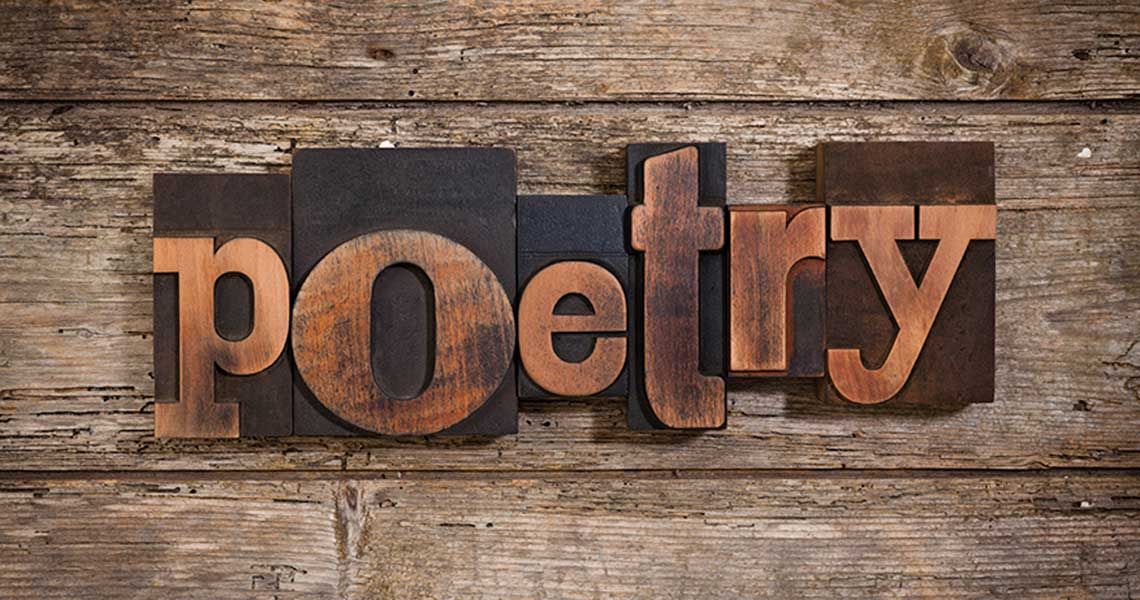The words of Pablo Neruda, Rumi, Maya Angelou, and even Shel Silverstein drifted through the crowd of George Washington University (GW) and VA health care professionals at the Washington, D.C., VA Medical Center Library on April 24. All had gathered for the Third Annual Poetry Fest, held in recognition of National Poetry Month.
“I thought a poetry festival would give the opportunity for others to … share poems with each other, to reflect upon their experiences as clinicians, and to provide an opportunity for personal reflection,” explained Robert Kaiser, M.D., associate professor of medicine at the GW School of Medicine and Health Sciences (SMHS) and creator of the event.
The 27 participants — geriatric medicine and palliative medicine fellows, physicians, and nurse practitioners, among others — recited verses spanning a variety of countries, cultures, and centuries. Some read poems from their homelands, Kaiser said, including two fellows who read poems in both English and Arabic, and tones ranged from humorous to provocative.
“The poems chosen dealt with universal themes: aging, illness, autonomy, independence, freedom, perseverance, resilience, escape, love, loneliness, faith, friendship, spirituality, pain, mortality, contemplation, and the meaning of poetry,” he added.
Kaiser, whose background in the humanities includes degrees in history and in the history of medicine, serves as a faculty member at the SMHS Center for Aging, Health, and Humanities, with the goal of integrating the humanities into medical education. While the center wasn’t directly involved with the Poetry Fest, Kaiser said, he sees it as a primary motivating force, and his role there has allowed him to better champion the importance of art forms like literature and philosophy.
“The humanities provide a window into the human condition, a means for understanding ourselves, understanding each other, and for becoming better, more empathetic clinicians,” Kaiser said. “The humanities are an example of the best we can be. Poetry is an art form that can and should be admired for its meaning, but also for its beauty, its rhythm, its rich language, and how it sounds when it is read out loud by someone who finds it personally significant.”



